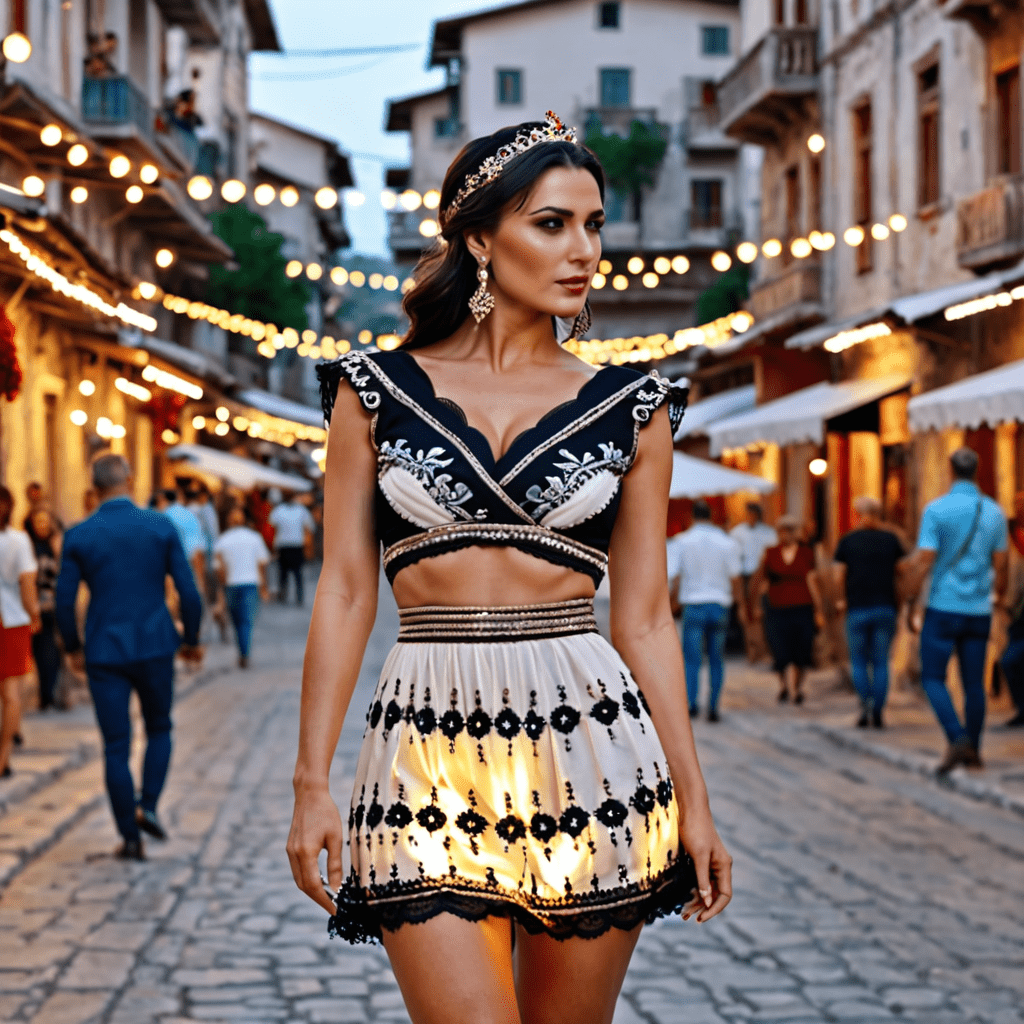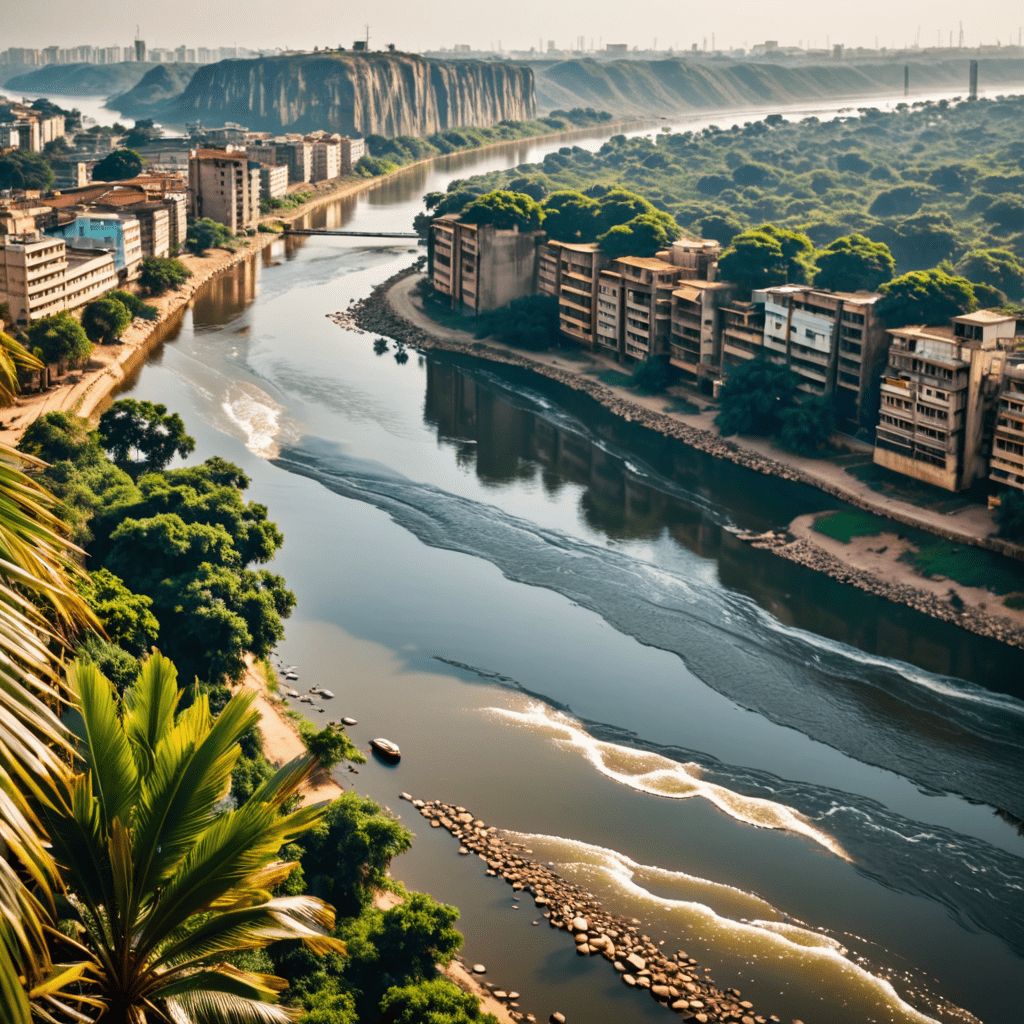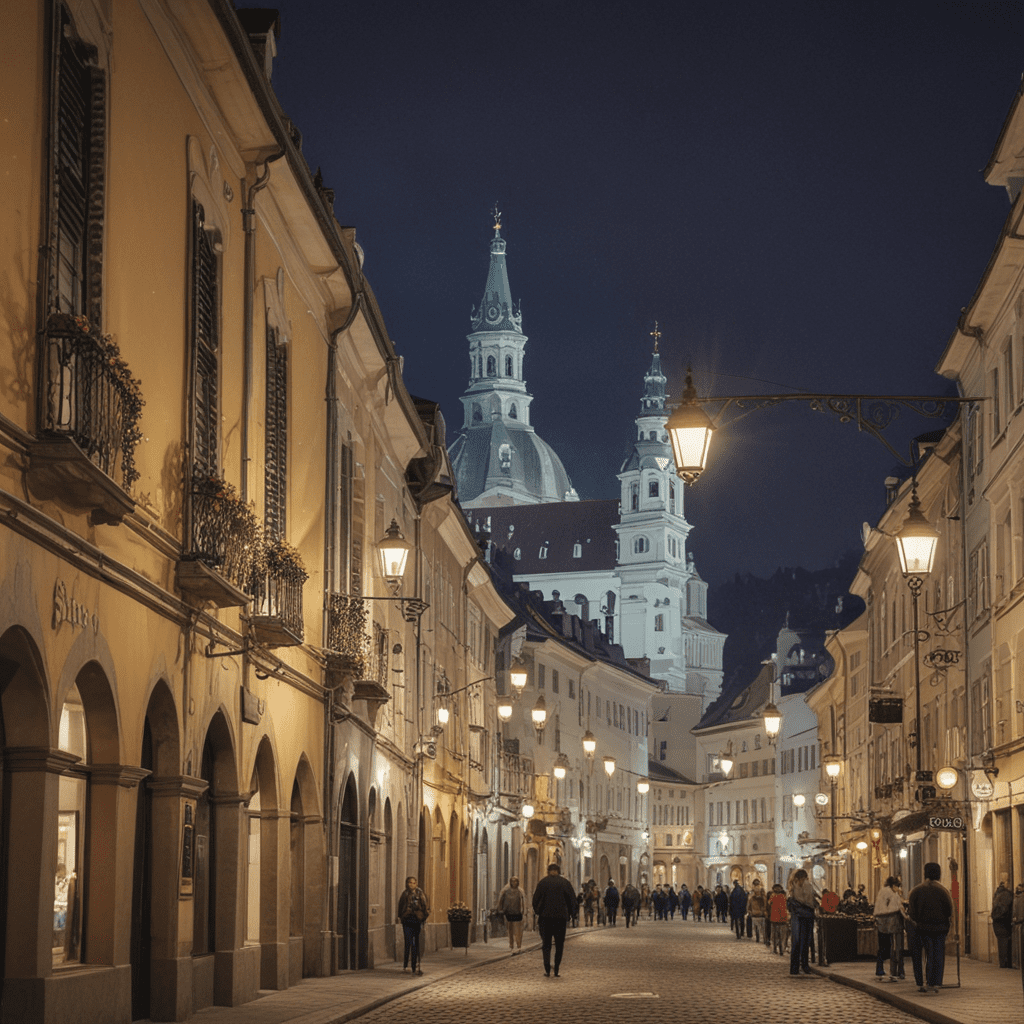
Exploring Albania’s Unique Cultural Traditions
Albania, a hidden gem in the heart of the Balkans, boasts a rich tapestry of cultural traditions that have been preserved and celebrated for centuries. From vibrant folk dances to distinct culinary delights, Albania’s cultural heritage is a testament to its enduring spirit. In this blog post, we delve into the captivating world of Albania’s unique cultural traditions.
The Colorful World of Albanian Folklore
Albania’s folklore is a captivating mosaic of colorful traditions, myths, and legends that have been passed down through generations. One of the most prominent aspects of Albanian folklore is its vibrant folk dances. These dances, characterized by intricate footwork and lively rhythms, are a celebration of community, unity, and joy.
The Timeless Art of Albanian Handicrafts
Albania’s traditional handicrafts, including intricate embroidery, woven textiles, and hand-painted ceramics, showcase the artistry and craftsmanship of the Albanian people. These timeless creations serve as a testament to the country’s cultural heritage and are cherished for their beauty and symbolism.
Delving into Albanian Gastronomy
Albanian cuisine is a delightful fusion of Mediterranean and Balkan flavors, reflecting the country’s diverse culinary heritage. From savory pies known as “byrek” to succulent lamb dishes and the renowned Albanian olive oil, the country’s gastronomy is a true reflection of its cultural diversity and rich history.
Traditions of Hospitality and Warmth
Albanians are renowned for their warm hospitality and genuine kindness towards guests. The tradition of “bukë e kripë” (bread and salt) symbolizes the welcoming nature of the Albanian people, as guests are greeted with these traditional offerings as a gesture of friendship and hospitality.
Celebrating Festivals and Religious Harmony
Albania is home to a rich tapestry of religious traditions, where different faiths peacefully coexist. The country celebrates various religious festivals, including the colorful and joyous Spring Day festival known as “Dita e Verës,” highlighting the harmonious coexistence of different religious and cultural traditions.
Intriguing Superstitions and Beliefs
Albania is steeped in intriguing superstitions and beliefs that have been a part of the cultural fabric for generations. From the belief in the protective power of garlic to the custom of warding off the “evil eye,” these superstitions offer a captivating glimpse into the mystical beliefs that shape Albanian culture.
Preserving Cultural Heritage Through Music and Art
Music and art play a pivotal role in preserving Albania’s cultural heritage. From the haunting sounds of the traditional “iso-polyphony” to the vibrant expression of Albanian painters and sculptors, the arts serve as a living testament to the traditions, history, and identity of the Albanian people.
Exploring Albania’s unique cultural traditions offers a captivating journey into a world of folklore, art, gastronomy, and the warm embrace of hospitality. The enduring spirit of the Albanian people is illuminated through these rich and enchanting traditions, inviting visitors to immerse themselves in the vibrant tapestry of Albanian culture.
“`html
Albania’s Unique Cultural Traditions FAQ
What are some of the unique cultural traditions in Albania?
Albania boasts a rich tapestry of unique cultural traditions, including the renowned polyphonic singing, known for its intricate harmonies, and the captivating Albanian folk dances that are a vibrant reflection of the region’s history and heritage.
How do Albanians celebrate important cultural events?
Albanians celebrate important cultural events with great enthusiasm and passion. One such event is the annual Albanian Folk Festival, which showcases traditional music, dance, and crafts. Another significant celebration is Independence Day, marked with colorful parades and festivities throughout the country.
What is the significance of traditional Albanian attire?
Traditional Albanian attire is deeply rooted in the country’s history and symbolizes regional diversity. Each region has its unique style of dress, often adorned with intricate patterns and vibrant colors, denoting cultural identity and heritage.
What culinary traditions are unique to Albania?
Albanian cuisine is a delightful fusion of Mediterranean and Balkan flavors. Some unique culinary traditions include the famous Albanian olive oil, delectable baklava desserts, and flavorful dishes like Byrek and Tave Kosi that are emblematic of the country’s culinary heritage.
“`


